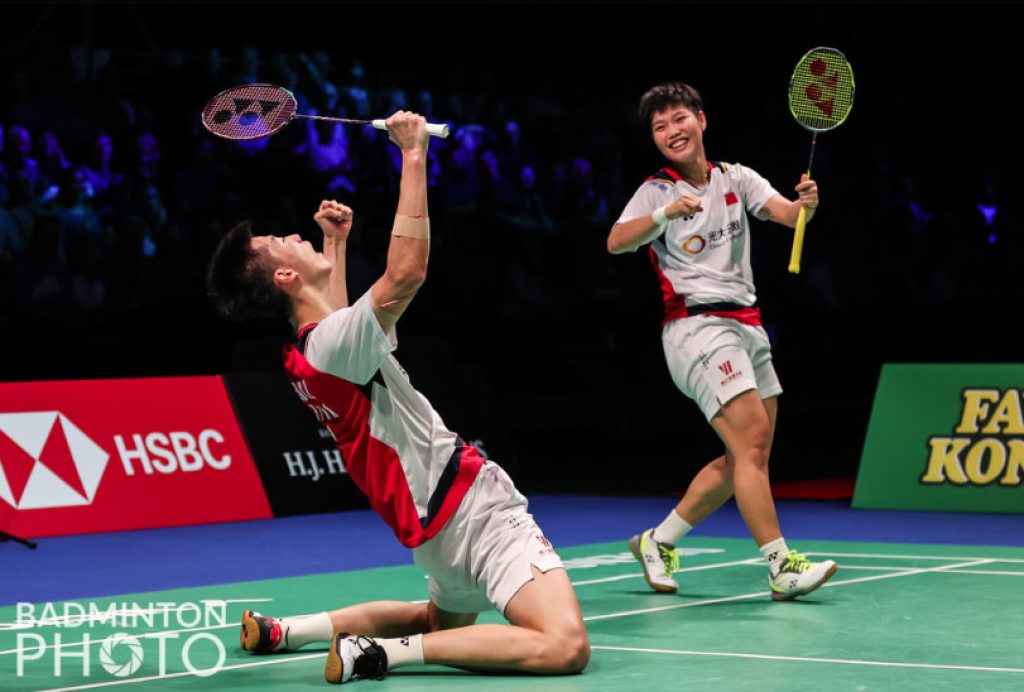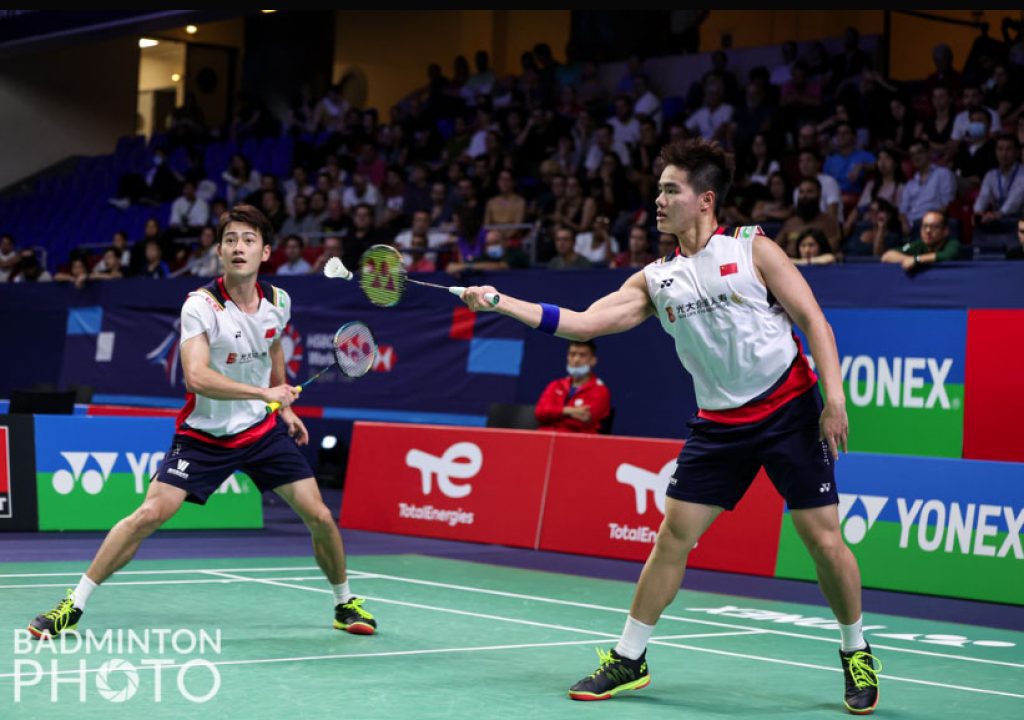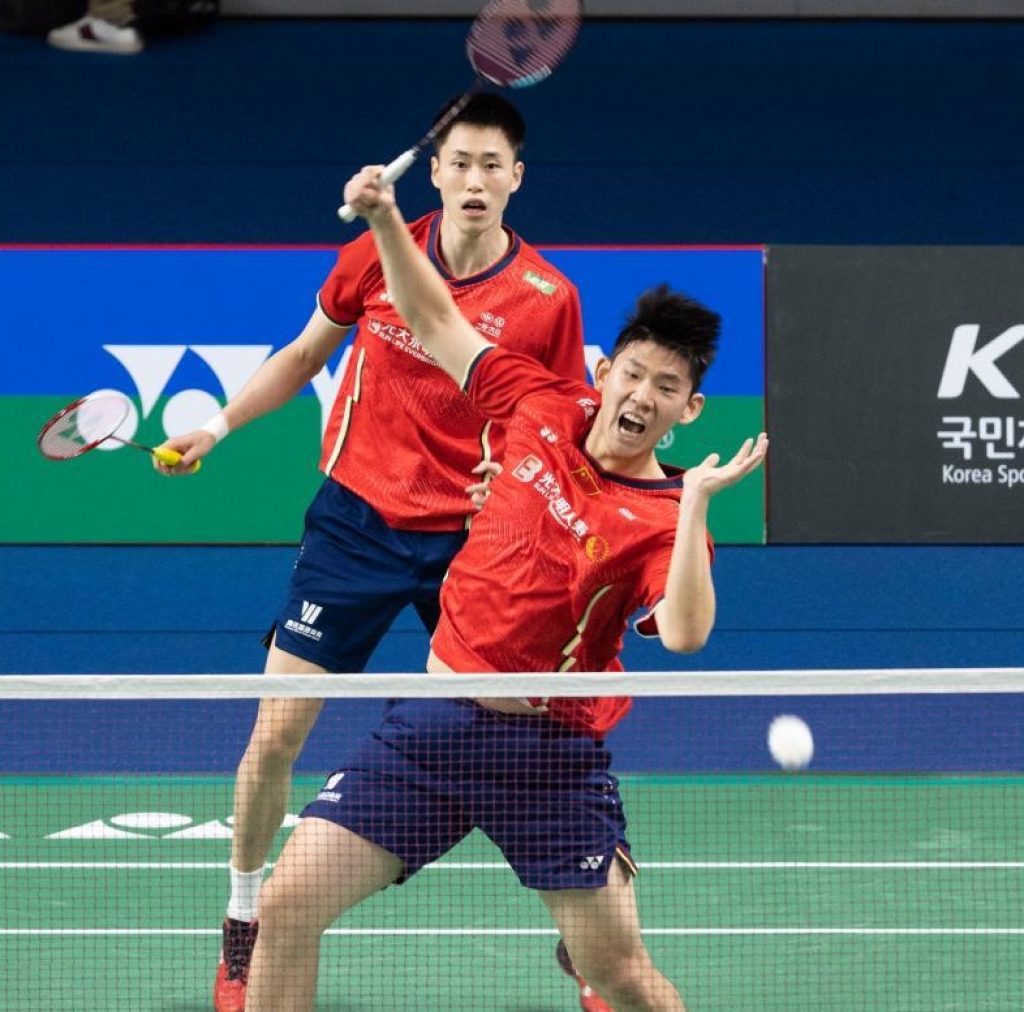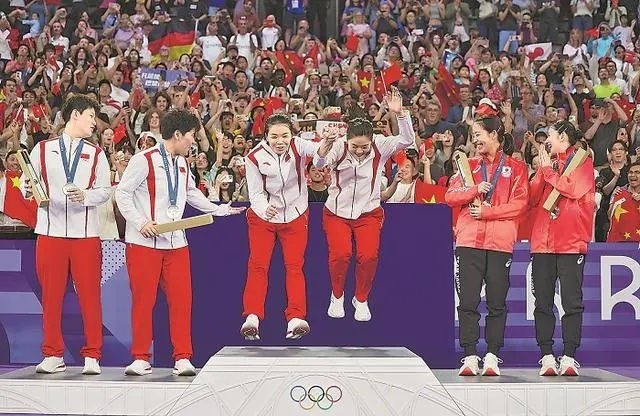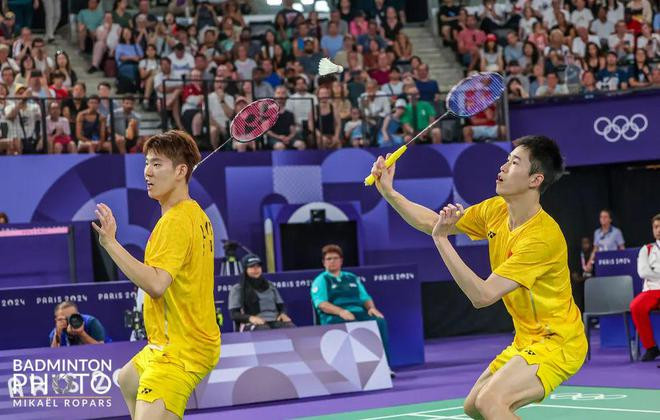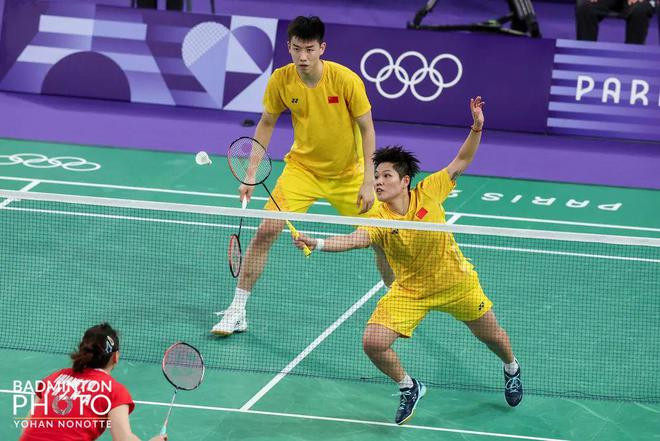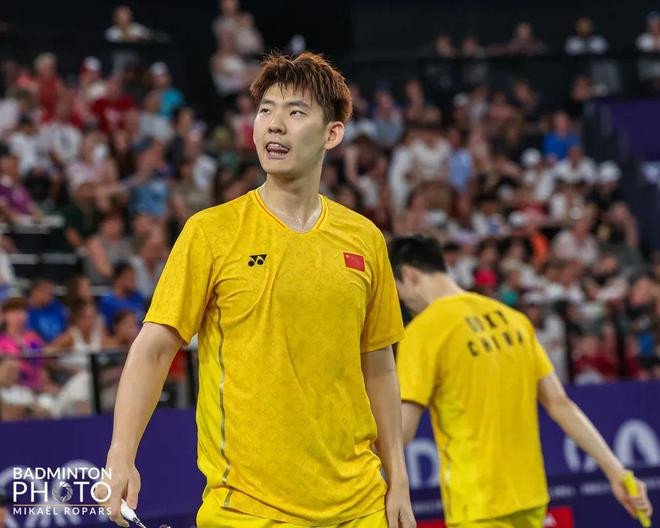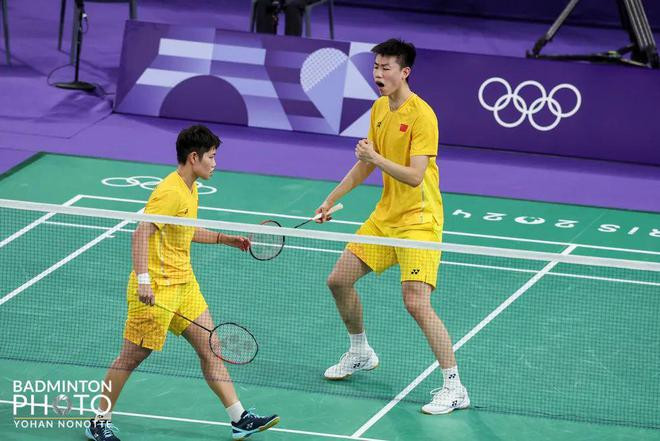Character Introduction
Ou Xuanyi, male, a native of Zhangzhou, Fujian , entered the Fujian Provincial Sports Team in 2004, won the National Badminton Individual Championships Men’s Doubles Championship in 2016; was selected for the national team in 2017, and won the Indonesia International Badminton Series Mixed Doubles Championship in the same year.
In 2018, he successively won the Indian Badminton Open Mixed Doubles Championship and the U.S. Badminton Open Men’s Doubles Championship; in 2019, he won the Asian Badminton Mixed Team Championships Championship, the Akita Badminton Open Men’s Doubles Championship in Japan, and the Belarusian Badminton Open Men’s Doubles Championship.
On November 10, 2020, Ou Xuanyi/Huang Dongping lost to Zheng Siwei/Huang Yaqiong 2-4 in the mixed doubles event of the 2020 National Badminton Championships to win the second place.
On September 11, 2021, Ou Xuanyi’s Fujian team won the championship in the men’s team badminton event of the 14th National Games.
On June 19, 2022, Liu Yuchen/Ou Xuanyi defeated Cui Ruikei/Kim Wonho 2:0 in the men’s doubles final of the 2022 Badminton World Tour Indonesia Open, staging the miracle of a substitute winning the title.
In December 2022, Ou Xuan Yi partnered Liu Yuchen in the Badminton World Federation (BWF) Finals, defeating the Indonesian pair of Asan/Hendra in the Men’s Doubles Final 21-17, 19-21, 21-12 to win their first Finals title since their partnership.
After the 2024 Paris Olympics badminton tournament, Ou Xuanyi submitted his retirement report, officially bidding farewell to the international arena.
Equipment Used
ASTROX 100ZZ,ARCSABER 11 PRO,75TH 65Z2,AEROBITE,EXBOLT 63,ASTROX 88S,SHB65Z3MEX,AERONAUT 7000I,10486CR/20682CR,SHB65Z3 C-90
Major Achievement
- Member of the 2024 Thomas Cup Men’s Team Champions
- 2024 Indonesia Badminton Masters Men’s Doubles Quarter-finals
- 2023 Badminton World Finals Men’s Doubles Quarter-finalists
- 2023 Kumamoto Badminton Masters Men’s Doubles Runner-up
- 2023 Hailu Badminton Open Men’s Doubles Champion
- 2023 French Open Men’s Doubles Quarter-finals
- 2022 Asian Games Badminton Men’s Team Gold Medal
- 2023 Japan Badminton Open Men’s Doubles Quarter-finals
- 2023 Sudirman Cup Badminton Mixed Team Championships Champion
- 2023 Indonesia Badminton Masters Men’s Doubles Quarter-finals
- 2022 Badminton World Finals Men’s Doubles Champion
- 2022 Australian Badminton Open Men’s Doubles Champion
- 2022 Indonesia Badminton Open Men’s Doubles Champion
- 2022 Korea Badminton Masters Men’s Doubles Runner-up
- 2022 Korea Badminton Masters Mixed Doubles Runner-up
- 2022 German Badminton Open Men’s Doubles Runner-up
- 2022 Germany Badminton Open Mixed Doubles Runner-up
- 2021 The 14th National Games Badminton Men’s Team Champion
- 2021 National Badminton Championships Men’s Team Runner-up
- 2020 National Badminton Championships Mixed Doubles Runner-up
- 2019 China Macao Badminton Open Men’s Doubles Third Runner-up
- 2019 Holland Badminton Open Men’s Doubles Quarter-finals
- 2019 Indonesia Malang Badminton Masters Men’s Doubles Champion
- 2019 Belarus Badminton International Series Men’s Doubles Champion
- 2019 Akita Badminton Masters Men’s Doubles Champion
- 2019 Asian Badminton Mixed Team Championships Champion
- 2019 Lingshui Badminton Masters China Men’s Doubles Runner-up
- 2018 West Germany-Modi Badminton International Mixed Doubles Champion
- 2018 Singapore Badminton Open Men’s Doubles Runner-up
- 2018 US Open Badminton Men’s Doubles Champion
- 2018 China Lingshui Badminton Masters Mixed Doubles Quarterfinals
- 2017 Indonesia Badminton International Series Mixed Doubles Champion
- 2016 National Badminton Championships Men’s Doubles Champion



